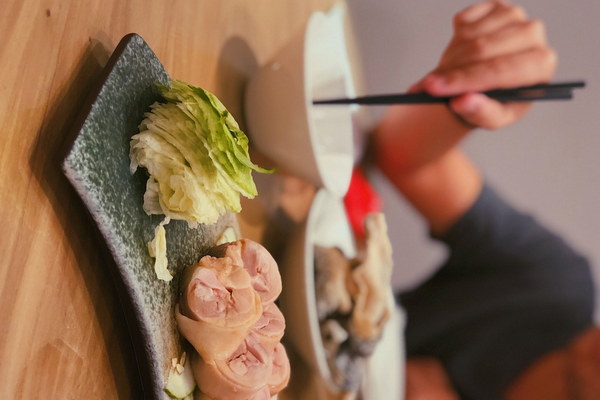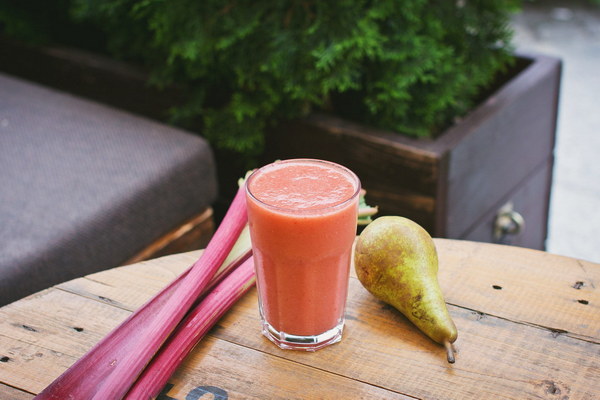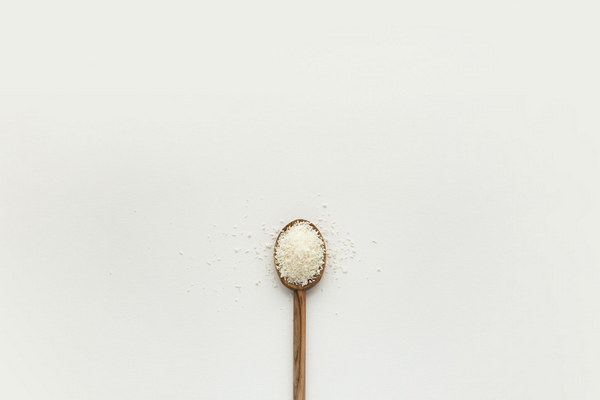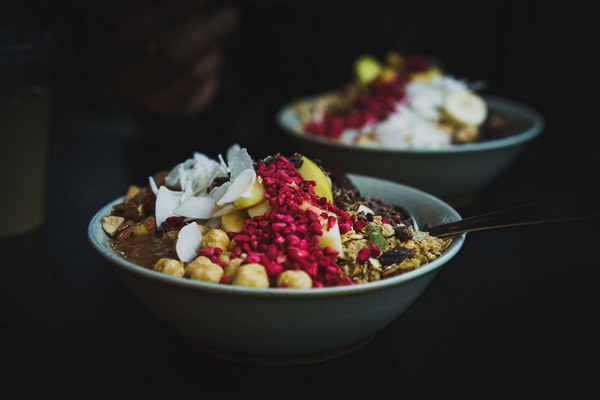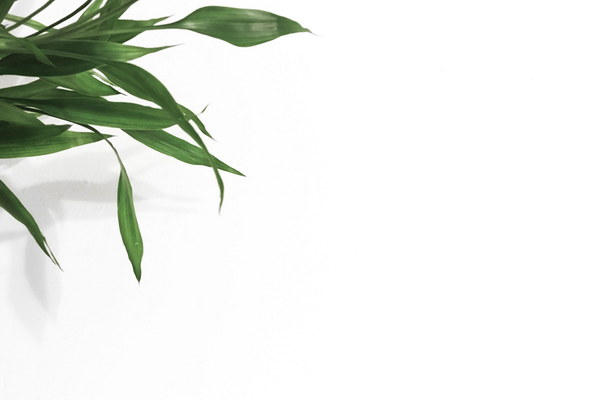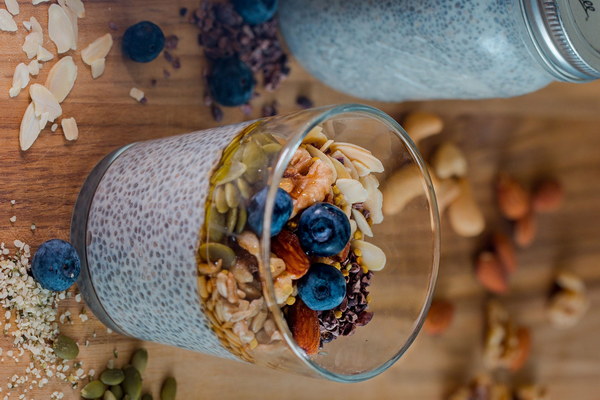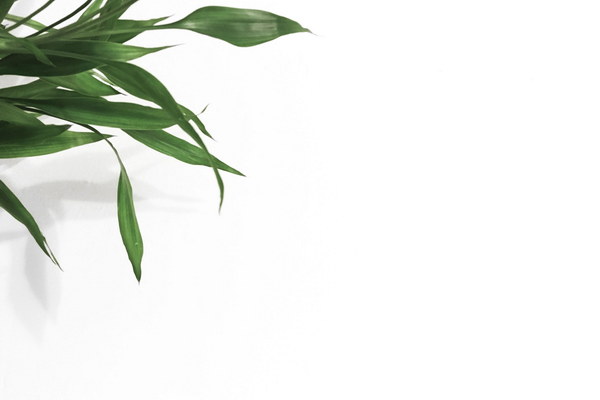Does Supplementation After All-Nighters Work in Traditional Chinese Medicine
In today's fast-paced world, many individuals find themselves staying up late into the night, often due to work or social commitments. This can lead to fatigue, weakened immunity, and a general sense of malaise. To combat these symptoms, some turn to supplementation, hoping to replenish the energy they've lost. But does supplementation after all-nighters actually work in the realm of Traditional Chinese Medicine (TCM)? Let's explore this topic in detail.
Traditional Chinese Medicine (TCM) is a comprehensive system of healing that has been practiced for over 5,000 years. It focuses on balancing the body's energy, known as Qi (pronounced chee), and correcting any imbalances that may arise. When it comes to supplementation after all-nighters, TCM offers a unique perspective on how to regain balance and vitality.
One of the primary concerns after a night without sleep is the depletion of Qi. TCM views Qi as the vital energy that sustains the body's physiological functions. When Qi is low, the body becomes more susceptible to illness and fatigue. To replenish Qi, TCM suggests several natural supplements and practices.
1. Gynostemma pentaphyllum (Jiaogulan)
Jiaogulan is a plant that has been used in TCM for centuries. It is believed to enhance the body's immune system and increase energy levels. This herb is often taken in the form of tea or as a supplement, and it is particularly beneficial for those who have experienced a depletion of Qi.
2. Astragalus membranaceus (Astragalus)
Astragalus is another popular herb used in TCM to boost the immune system and enhance overall energy. It is often taken in the form of tea or as a supplement, and it is believed to help the body recover from fatigue and stress.
3. Schisandra chinensis (Schisandra)
Schisandra is a fruit that has been used in TCM to improve mental clarity and boost energy levels. It is believed to help the body adapt to stress and fatigue, making it an excellent choice for those who frequently stay up late.
4. Reishi mushrooms
Reishi mushrooms are highly valued in TCM for their ability to boost the immune system, improve energy levels, and promote overall health. They are often taken as a supplement or consumed as a tea.
In addition to herbal supplements, TCM emphasizes the importance of lifestyle adjustments to help replenish Qi after all-nighters. Here are some key recommendations:
1. Get plenty of rest: While it may be difficult to catch up on sleep after a late night, it is crucial to ensure you get enough rest in the following days. This will help your body recover and restore its energy levels.
2. Practice relaxation techniques: Techniques such as meditation, deep breathing exercises, or yoga can help calm the mind and reduce stress, which can further improve your energy levels.
3. Eat a balanced diet: Consuming a diet rich in fruits, vegetables, whole grains, and lean proteins will provide your body with the necessary nutrients to recover from a night without sleep.
4. Avoid stimulants: Stimulants such as caffeine and nicotine can further deplete your energy levels and hinder your body's ability to recover. It is best to avoid these substances after all-nighters.

While supplementation and lifestyle adjustments can be beneficial for replenishing energy after all-nighters, it is important to remember that they are not a substitute for regular sleep. TCM emphasizes the importance of maintaining a balance between work, rest, and play to ensure overall health and well-being.
In conclusion, TCM offers several natural supplements and practices that can help replenish Qi and improve energy levels after all-nighters. By incorporating these strategies into your routine, you can help your body recover and minimize the negative effects of sleep deprivation. However, it is crucial to prioritize regular sleep and maintain a balanced lifestyle to ensure long-term health and vitality.
